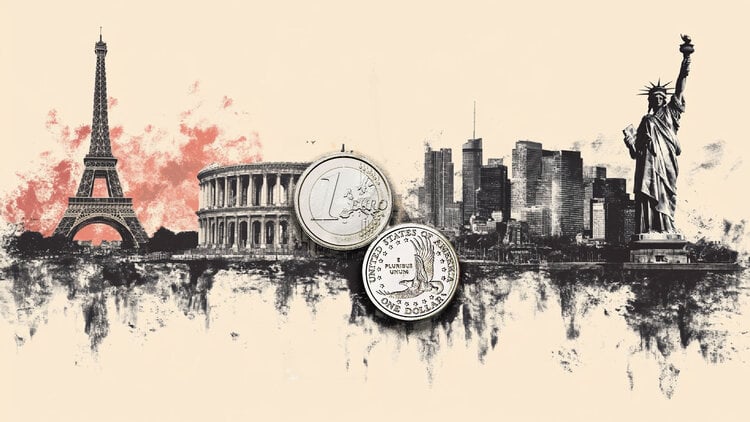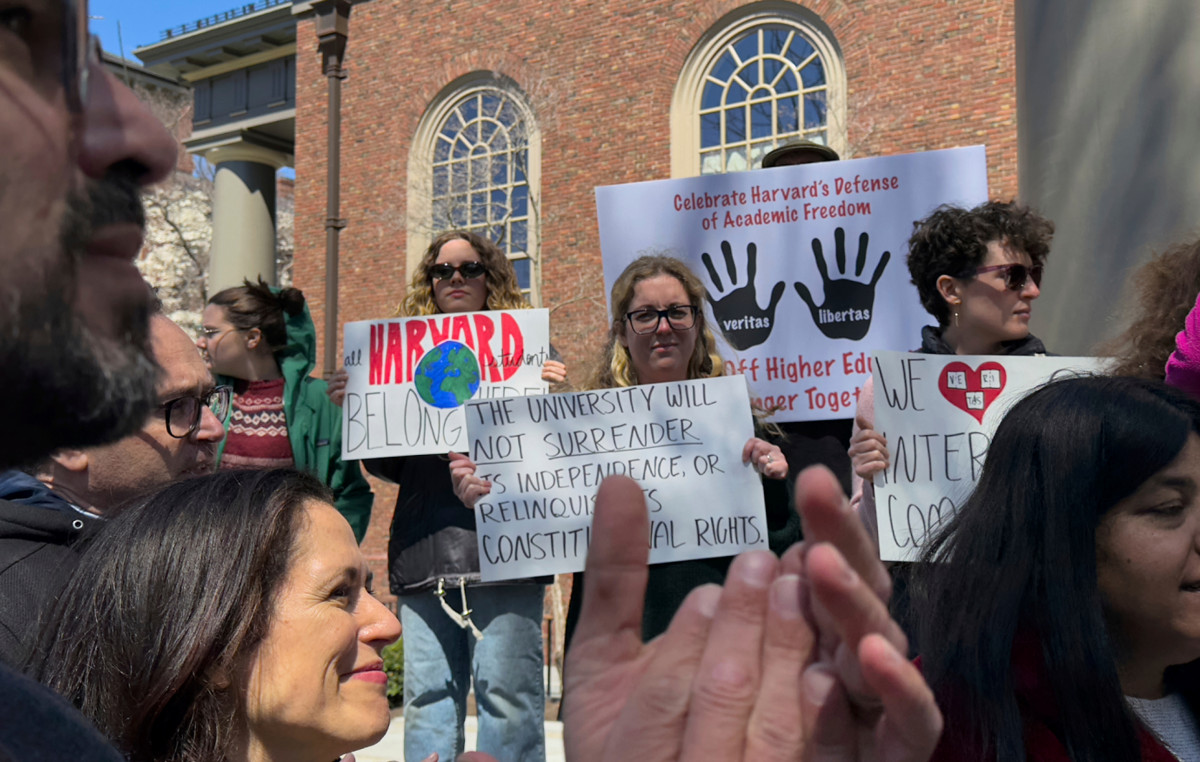Tesla has opened a new showroom in Xinjiang, a region in western China that is supposedly a site of abuse and brutal repression against the country’s predominantly Muslim ethnic minority’s Uighurs.
The region has become a great hotspot geopolitical in recent years and a major source of tension between Beijing and Washington, which effectively banned imports of products made there with a recent law.
The company announced the opening of its verified account on Weibo, a leading Chinese social media platform. The new showroom is located in Urumqi, capital of Xinjiang, home to 3.5 million people.
Tesla has a large presence in China and has spent years making inroads with Beijing.
As a result, it has generally received strong government support: in 2017, for example, it negotiated full control of the Shanghai Gigafactory it was building, an unusual relationship at the time.
The automaker has faced some challenges in the country recently, including a major recall and increased competition from Chinese electric vehicle manufacturers. However, the automaker reported an increase in market share in China in the first three quarters of last year.
The decision to open a showroom in Xinjiang, however, can be controversial and highlights just how politically charged China can be for Western companies.
A report by more than 50 experts in international law in March 2021 concluded that China’s treatment of the Uighur people met legal definitions of genocide, or a combined attempt to eradicate, in whole or in part, a religious or ethnic group specific.
Up to 2 million Uighurs and other Muslim minorities are believed to have been placed in detention centers across the region, according to the US State Department.
China has repeatedly and vehemently denied abusing the Uighur people or using them to carry out forced labor. Instead, Chinese authorities said Uighurs are being taken to re-education camps to prevent religious extremism and terrorism.
The region has inflamed tensions between Washington and Beijing. Before any product from Xinjiang can be imported into the United States, it must be proven that it was not made with forced labor.
“We call on the government of the People’s Republic of China to immediately end the genocide and crimes against humanity against predominantly Muslim Uighurs and members of other minority religious and ethnic groups in Xinjiang,” said US Secretary of State Anthony Blinken, in a statement.
The Chinese government, for its part, reacted vigorously to international companies that recognized problems in doing business in Xinjiang.
Last week, Chinese authorities criticized Walmart after the company’s retailer, Sam’s Club, was accused of withdrawing products from the region.
The Central Commission for Discipline Inspection accused the company of “stupidity” and “myopia,” even as Chinese state media reported that Sam’s Club attributed the shortage of products to a large influx of buyers.
Intel, on the other hand, had to publicly apologize after telling supplier companies in December 2021 that “it is obligated to ensure that the supply chain does not use labor, source of goods or services from the Xinjiang region. ”, citing government restrictions and questions from investors and customers.
The request sparked outrage in Chinese state media and the country’s social media platforms.
“While our original intent was to ensure compliance with US law, the letter has raised many questions and concerns among our dear Chinese partners, of which we deeply regret,” Intel said in a statement on Weibo.
Tesla’s US headquarters did not respond to questions about whether the company had any concerns about doing business in the region due to alleged human rights abuses.
– CNN Beijing office Teele Rebane, Chris Isidore and Reuters contributed to this report.
This content was originally created in English.
original version
Reference: CNN Brasil
I am Sophia william, author of World Stock Market. I have a degree in journalism from the University of Missouri and I have worked as a reporter for several news websites. I have a passion for writing and informing people about the latest news and events happening in the world. I strive to be accurate and unbiased in my reporting, and I hope to provide readers with valuable information that they can use to make informed decisions.







